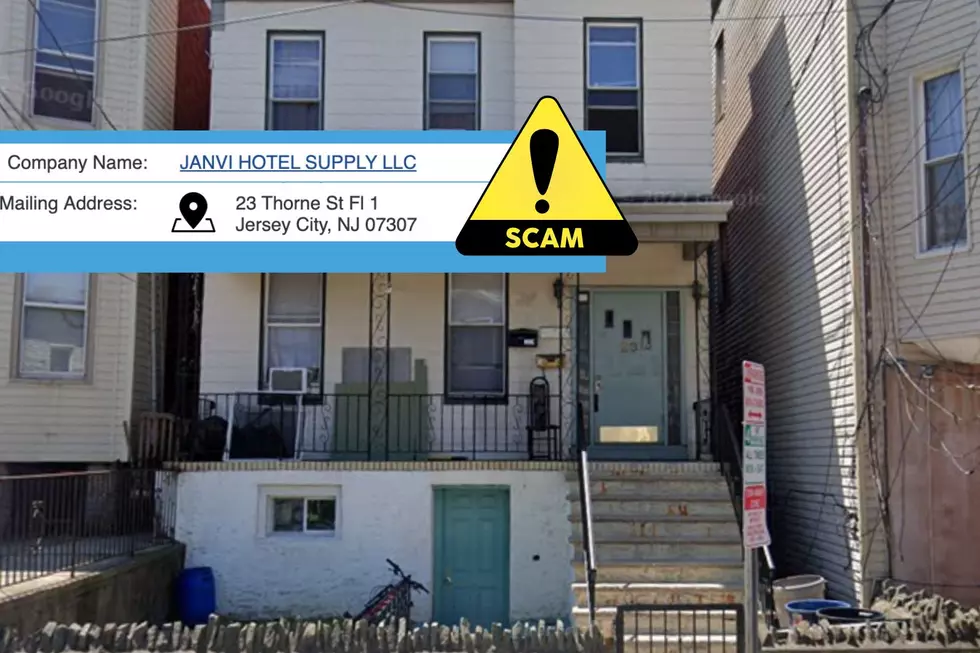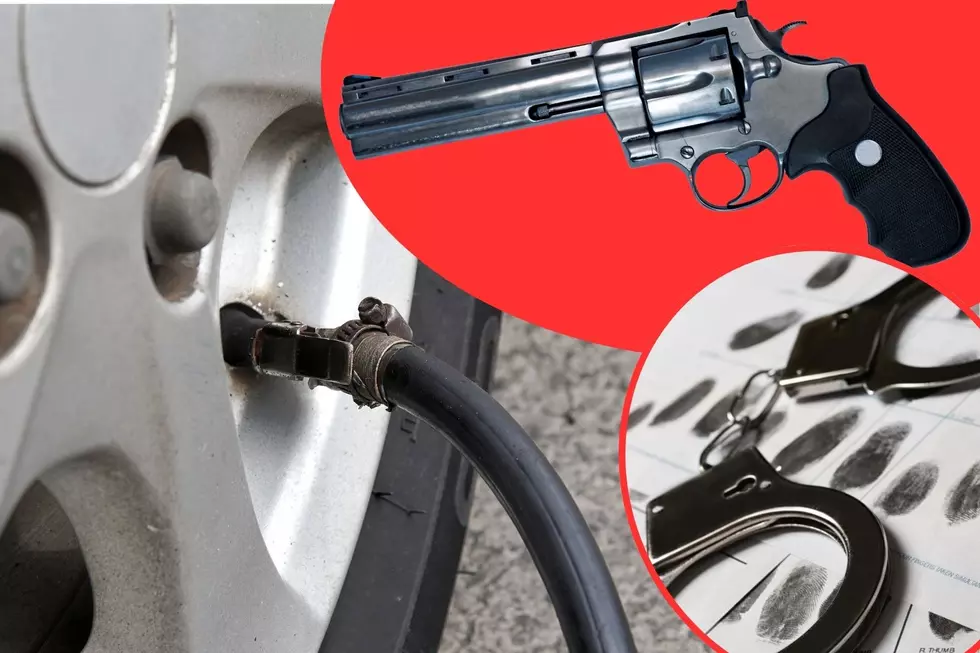![Your Tax Dollars Going to Prison Inmates for Government Benefits [AUDIO]](http://townsquare.media/site/385/files/2012/01/prisoncell.jpg?w=980&q=75)
Your Tax Dollars Going to Prison Inmates for Government Benefits [AUDIO]
Just when you thought you've already heard every conceivable way the state can abuse your tax dollars comes a new audit from the Office of the State Comptroller (OSC).
The report, which covered the 22-month period of July 2009 to April 2011, identifies more than $23 million in benefit payments made to or on behalf of prison inmates who did not appear to be entitled to such payments.
Unemployment Benefits
More than $10 million of the benefit payments identified by the audit were unemployment insurance benefits paid out to more than 7,600 people behind bars. State law provides that only those who are "able to work" and "available for work" are eligible for those benefits.
"Suffice it to say, that when thousands of inmates are collecting unemployment checks from behind bars, there is a serious gap in program oversight," says State Comptroller Matt Boxer. "The good news is that as a result of our audit, changes are being made that will save millions of dollars for taxpayers."
The OSC audit found that one person got more than $39,000 in unemployment payments for well over a year while in jail for a drug-related offense. Another man, convicted of unlawful possession of a firearm, began receiving unemployment payments only after he already had been in prison for three months. He received more than $25,000 in improper unemployment benefits over the course of one year.
Pension Payments
The audit also found people receiving inappropriate state pension payments. State law mandates that pension payments shall not be made to individuals incarcerated as a result of a conviction of a crime involving "moral turpitude." That didn't stop one guy from getting paid.
The report reveals that the state agency responsible for the pension program does not match its database of public retirees against state or county incarceration data. OSC conducted such a match and presented its findings to agency staff, who concluded that more than $350,000 in pension payments to retired public employees over the period in question should not have been made.
In the largest improper payment during the audit period, more than $37,000 went to a man behind bars for the sexual assault of a minor. The state is now in the process of recovering these payments.
All final determinations must be made by the state pension board itself, but the disqualifying offenses in these cases included crimes such as robbery, official misconduct and kidnapping.
Sick Leave
During the course of the audit, OSC also found 13 instances where state employees were in prison and used sick leave during their term of incarceration, a violation of state regulations. OSC has provided the names of those individuals to each of the responsible state agencies so that they may recover the payroll funds in question.
In total, the audit identified more than 20,000 incarcerated individuals who were beneficiaries of what appear to be improper payments. OSC will follow up to ensure that the misspent funds are recovered and each of the audit's recommendations to improve oversight measures is implemented.
Fallout
The state departments responsible for administering each of these programs (Labor, Human Services and Treasury) have committed to recovering misspent funds and improving oversight measures so that going forward all inmate data is cross-checked to verify participant eligibility.
"These are vitally important social programs," says Boxer. "Our audit identifies simple but critical steps that will help ensure that tax dollars spent on these programs are reserved for those who actually qualify for benefits."
Labor Commissioner's Response
The head of the Department of Labor and Workforce Development takes the audit seriously.
"My department has already implemented the safeguard recommended by the comptroller, adding it to an arsenal of tools that has stopped more than $235 million from going into the hands of cheats since this administration took office and launched the most aggressive anti-fraud measures ever witnessed in this department, "says Commissioner Hal Wirths. "We have stopped what the U.S. Department of Labor (USDOL) identified as the most common cause of improper payments from State Unemployment Insurance accounts nationwide: people continuing to file UI claims after they have returned to work."
The commissioner also says his department's first-of-its-kind anti-fraud program uses the New Jersey New Hire Directory and the National Directory of New Hires to find if people collecting UI benefits have returned to work.
He says it remains a model for the rest of the nation as the Labor Department continues to stop about 1,800 fraudulent claims each week by continuing the simple practice.
More From New Jersey 101.5 FM









